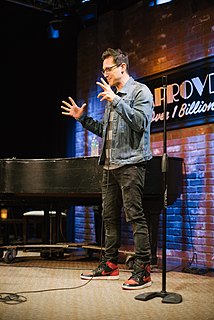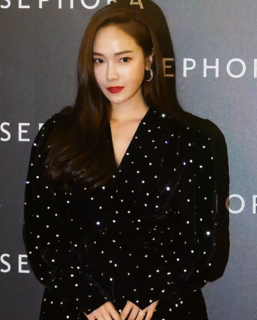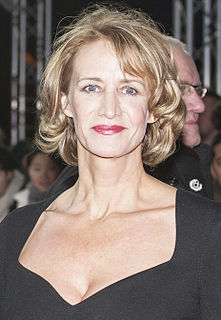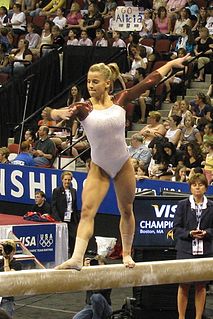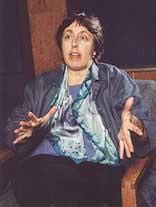A Quote by Sean Hepburn Ferrer
We're fortunate to have this extraordinary foundation of, I guess, not growing up in Hollywood and growing up in this farmhouse in Switzerland. She wanted a normal life for herself and for us. And it's a valuable and beautiful memory that she left us.
Related Quotes
We just dated the same guy, and that's kind of what it is. It's always a competition thing, and they compare us, but she is Rihanna. She's a pop star, and she's beautiful - she makes great music - and I'm just me, and I'm growing and working into myself. You can't really compare us. We're two completely different girls.
She was the murderous mother who cut us to the bone but left us alive, left us naked and bewildered as wrinkled newborn babies, as blind puppies, as sun-starved newly hatched baby snakes. She left us a dark Gulf and salt-burned land. She left us to learn to crawl. She left us to salvage. Katrina is the mother we will remember until the next mother with large, merciless hands, committed to blood, comes.
I'm fortunate to have an amazing, strong mother who is so supportive of everything me and my sisters did growing up - but she was someone who never forced us to go swim or to go do this or that. She helped us think about certain consequences when we needed to, but we made our own decisions. I think if I were forced to swim, I wouldn't have stayed in the pool as long as I did.
When I was growing up my mom was home. She wanted to go to work, but she waited. She was educated as a teacher. The minute my youngest sister went to school full-time, from first grade, mom went back to work. But she balanced her life. She chose teaching, which enabled her to leave at the same time we left, and come home pretty much the same time we came home. She knew how to balance.
I don't hate it here," she said automatically. Surprising herself, she realized that as much as she'd been trying to convince herself otherwise, she was telling the truth. "It's just that I don't belong here." He gave her a meloncholy smile. "If it's any consolation, when I was growing up, I didn't feel like I belonged here, either. I dreamed about going to New York. But it's strange, because when I finally escaped this place, I ended up missing it more than I thought I would. There's something about the ocean that just calls to me.
It's about waking up. A child wakes up over and over again, and notices that she's living. She dreams along, loving the exuberant life of the senses, in love with beauty and power, oblivious to herself -- and then suddenly, bingo, she wakes up and feels herself alive. She notices her own awareness. And she notices that she is set down here, mysteriously, in a going world.
Sometimes, she said, mostly to herself, I feel I do not know my children... It was a fleeting statement, one I didn't think she'd hold on to; after all, she had birthed us alone, diapered and fed us, helped us with homework, kissed and hugged us, poured her love into us. That she might not actually know us seemed the humblest thing a mother could admit.
Many abused children cling to the hope that growing up will bring escape and freedom. But the personality formed in an environment of coercive control is not well adapted to adult life. The survivor is left with fundamental problems in basic trust, autonomy, and initiative. She approaches the tasks of early adulthood-establishing independence and intimacy-burdened by major impairments in self-care, in cognition and memory, in identity, and in the capacity to form stable relationships. She is still a prisoner of her childhood; attempting to create a new life, she reencounters the trauma.
I've known a lot of very religious people. My mother is very religious, but she was also very - is very private about it. She - when I was growing up, she never went to church. She just prayed and read her Bible and kept it to herself. So I'm not from a background of flamboyant believers. It's much more a personal issue.

